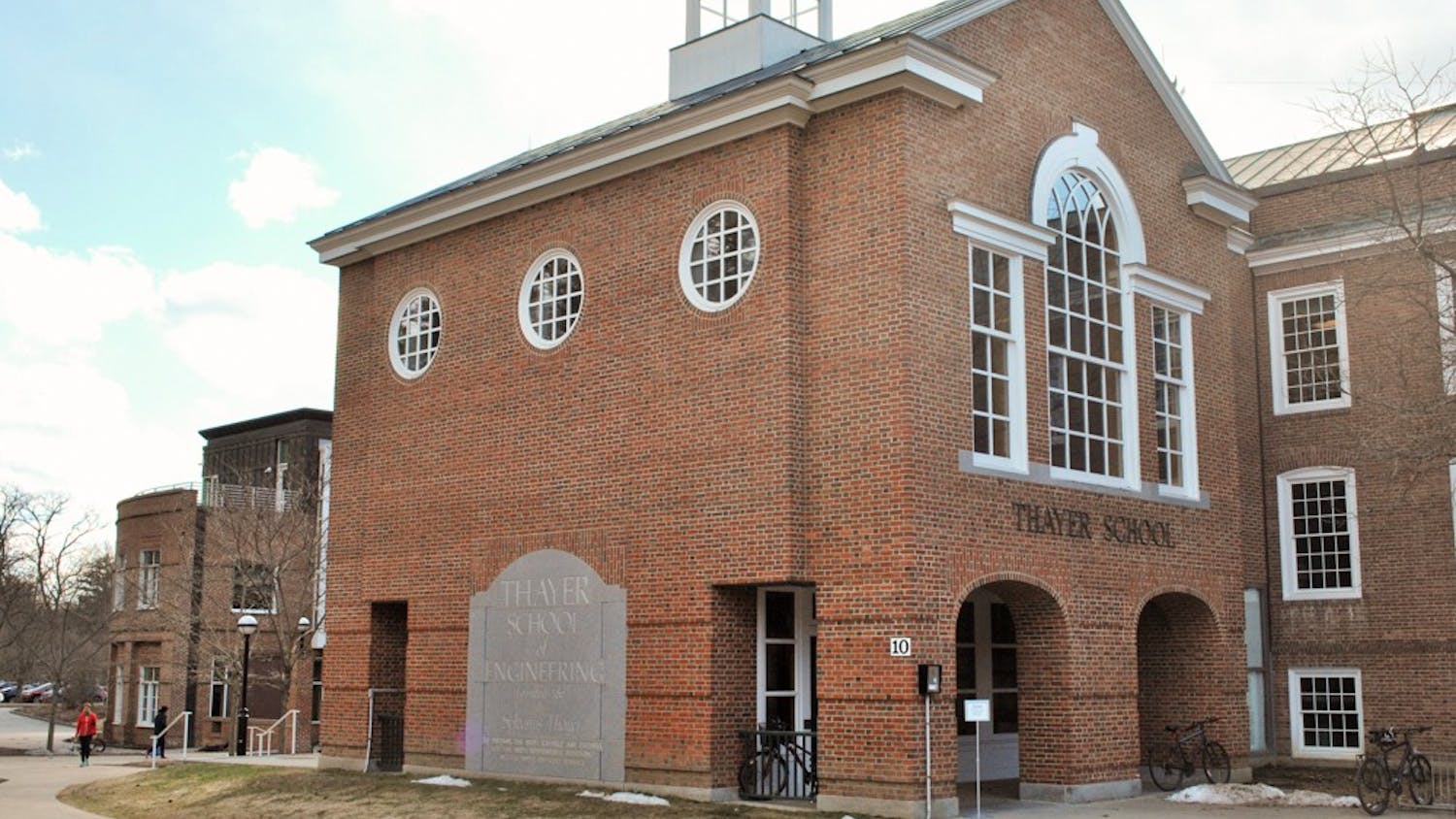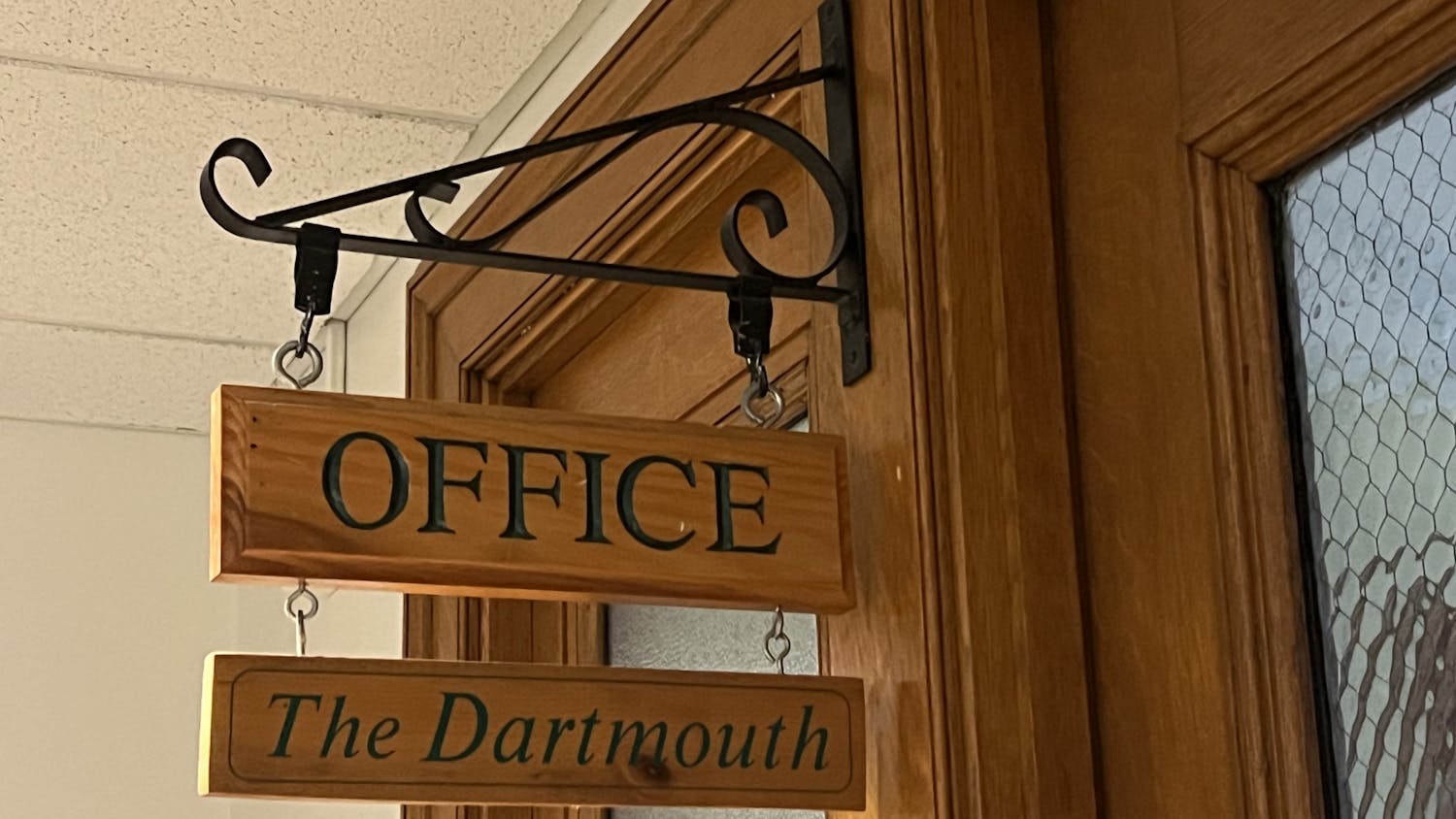Dartmouth is considering offering a third-party alternative to the College's BlitzMail e-mail client, as concerns about the aging communication program have mounted in recent months.
While no solid plans to phase out BlitzMail currently exist, the College's Council on Computing has charged a subcommittee with gathering information on e-mail features most important to members of the Dartmouth community.
A web survey, too, seeks to gauge campus opinion about features a potential "off-the-shelf" e-mail client should have and whether BlitzMail still serves its users' needs.
BlitzMail, which was developed at Dartmouth in 1987 and is a registered trademark of the College, was created before the term e-mail was coined and electronic messaging became popular. It has lacked major development since the early 1990s, and boasts limited advanced features.
English professor Tom Luxon chairs the Council on Computing and sits on the alternative e-mail subcommittee. According to Luxon, the issue came before the Council on Computing in January, although faculty, students and staff have used alternative e-mail systems for years. Luxon abandoned BlitzMail eight years ago, and has used an alternative e-mail client since.
According to Luxon, "Incoming '07s were the first group to come to Dartmouth with established [e-mail] accounts reluctant to pick [BlitzMail] up."
Luxon said BlitzMail's key shortcomings are its inability to support HTML features and non-Western characters, but added that he hopes the current web survey will validate campus-wide concerns. Greater use of digital photography and electronic address books have also rendered BlitzMail obsolete for many users, Luxon's subcommittee has determined.
The subcommittee considered mandating a dramatic overhaul and update of BlitzMail, but the Provost's Office halted such efforts because it was not prepared to commit the money necessary to revise Dartmouth's own software, Luxon said.
Susan Bibeau, who sits on the subcommittee and is the manager of humanities computing, said the decision came down to a question of cost-effectiveness.
Because Dartmouth "hasn't brought BlitzMail along" with recent technology trends, third-party software is the only realistic alternative, Luxon said.
"We don't want to drop the ball," Luxon said, so we "need to offer support with what people are using."
One concern the committee must address is the instantaneous nature of BlitzMail messages that users have become so accustomed to. Luxon acknowledged that speed was one of BlitzMail's most attractive features, but notes that if BlitzMail were "jazzed up" like its leading alternatives, it would likely be no faster than other, feature-laden options.
Luxon predicted that "Dartmouth individuals are going to stop using BlitzMail -- it's inevitable. The BlitzMail client does not support what's really going on."
Professor Ted Cooley of the Thayer School of Engineering, who also sits on the e-mail subcommittee, took a softer stance on the issue.
"Folks should understand this committee does not intend to drop the axe on BlitzMail," Cooley said. Instead, Cooley reiterated, the question the committee is trying to answer is whether another package might meet the Dartmouth community's needs.
We realize that "BlitzMail is a part of the fabric that is Dartmouth. We're taking this very seriously," Cooley said.
The subcommittee will present a recommendation to the Council on Computing when it completes its research at an unspecified date.



